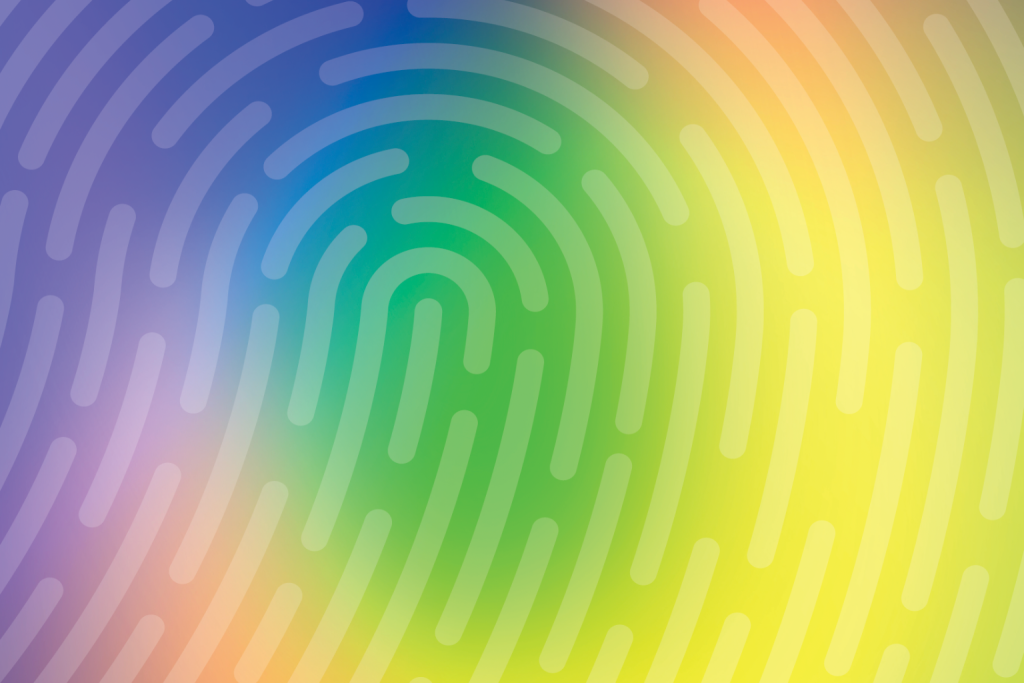
Across the Spectrum

Overview
Across the Spectrum: Attitudes towards Minoritised Genders and Sexualities in Ireland, published by the National LGBT Federation (NXF) in 2022, assessed attitudes towards different groups of people within the LGBT+ community; beliefs about gender and sexuality; and support for policies relevant to, and supportive of, the LGBT+ community.
This research report showed a broad acceptance of LGBT+ identities in Ireland, and a desire to not judge, categorise or prescribe how LGBT+ people live.
The report consisted of a survey of over 700 members of the Irish public over the course of 2021 with a view to assess attitudes towards different groups of people within the LGBT+ community, and to explore beliefs about gender and sexuality. The survey used a “feeling thermometer”, whereby members of the public were asked to rate their feelings between 0 and 100 towards different members of the LGBT+ community.
Key Findings
Key findings from the feeling thermometer include:
That gay men (89) and lesbian women (87) had the most favourable median ratings.
Trans men (76), trans women (76) and intersex (73) people were rated slightly less favourably.
The median Feeling Thermometer response of the survey participants was lowest for non-binary people (65).
For benchmarking purposes, items related to straight women and straight men were included and these groups received median ratings of 98 and 91 respectively.
Other key findings from the survey include:
49% agreed that “it is impossible to truly change one’s sexual orientation”.
54% agreed that “people who say there are only two genders are mistaken”.
Only 26% of respondents agreed that the heterosexual couples make the best parents.
90% agreed that the Government should ensure that incitement to hatred and hate crimes against LGBTI+ people should be adequately addressed in our laws.
64% of participants agreed that “The Government should prohibit the promotion or practice of conversion therapy by health professionals in Ireland”.
"While the LGBT+ community is often discussed as if it is a homogenous group, there are, in reality, many LGBT+ communities. We wanted to assess the public’s attitudes towards different LGBT+ communities and, in general, the results of the survey show a broadly positive response towards the different LGBT+ communities. However, this positivity is more apparent for those that don’t transgress gender norms; and points to greater support needed for bisexual people, trans and non-binary people and intersex people and greater efforts to challenge these norms."
– Dr Chris Noone


 Download Resource
Download Resource